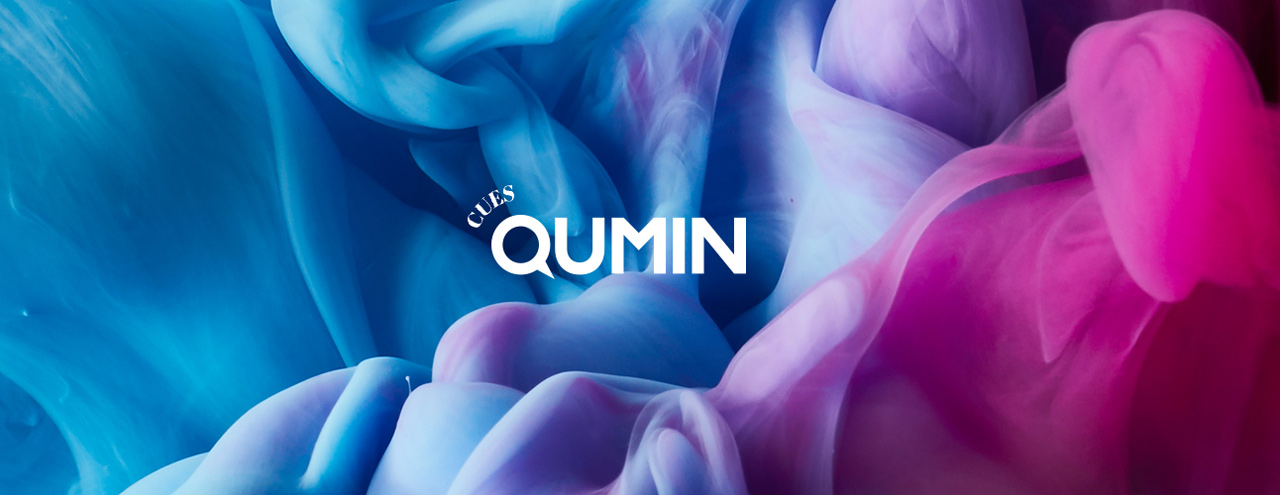
While only recently becoming commercial in China, with its huge popularity around the world, Mother’s Day represents a great opportunity for any brand to drive sales through targeted, often emotionally charged campaigns. The trend has gone into storytelling, where brands create short videos to connect with consumers while covertly promoting their products and services.
The traditional Chinese principles of respect and devotion for the elders still guide Chinese society. That is why brands frequently use the ‘family’ theme in marketing campaigns throughout the year. Because mothers have a significant influence on household purchasing decisions in China, they are often used to market products and services, and not just those in the mother-child category. With China opening up to the world and women becoming more emancipated, their stories are beginning to get louder.
Let’s discover how brands are shaping the persona of the Chinese mother and which themes were chosen for Mother’s Day in China this year.
“坏小孩”的百宝箱 by Safeguard
Motherly love and protection are essential for children’s growth. Safeguard represented this by using the figure of a young boy who is acting up, grabbing candies, stealing photos and dolls, presumably in reaction to the fact that he will have a younger sibling soon. The mother, contrary to the rest of the family, trusts her child and tries to get to the bottom of the naughty spells through kind conversations. In the end, it turns out that the boy planned to gift all the stolen objects to the new sibling.
With this advert, Safeguard wanted to depict the characteristics of a good, traditional Chinese mother, who is always protective but at the same time trusts her child. Hence, the slogan: “thanks to the trust and guardian of every mother, children can grow up healthily”.
“妈妈的第一次,因无惧而美丽” by Olay
Being an expecting mother may lead to worries about not doing well enough. Mothers in China, as they are all over the globe, are subject to a lot of stress caused by the worries about having to look after to the new baby, maintain the marital relationship and keep up with household duties. Through the short video created by the skincare brand Olay, a common post-partum journey is told. The ad points out how women become fearless, taking control of the situation from the moment of meeting their baby for the first time.
Olay’s ad encourages women to persevere with keeping the balance between family, house and work, and it celebrates their strength to always bravely face all the challenges with the new-born.
“致爸爸们,请更懂她” by Durex
Post-partum experiences can be very tough for women, and the new life can result in being more challenging than expected. From the pressure of returning to the workplace, to the feeling of being left aside, new mothers can feel misunderstood by their partners.
For Mother’s Day, instead of focusing on the usual mother-child theme, Durex took a closer look at the parents’ relationships. The brand interviewed both partners of three families and asked them to very openly revisit situations that made the new mums feel unacknowledged by their husbands. The aim of the experiment was to help husbands understand their wives better and to encourage them to take care of them by giving them more attention.
“母亲节的愿望” by P&G
A similar theme to the Durex advert was adopted by P&G. “Every day, are you not tired?”,is the question husbands come to ask once they finally understand all the work that mothers do at home between children and housework.
In the humorous video produced by P&G, the Dad and Mum protagonists switch their identities for one day. It is Dad’s turn to prepare the kids for school in the morning and to clean the entire house. The hilarious sketches show the clumsiness of the father and how he struggles to manage the chores. After a whole day of housework, the husband finally understands how hard his wife works every day.
P&G’s ad sent out a clear message, that mothers should be loved and cared for every day. We should not underestimate the essential role a mother plays in the family and the hard work she has to put in to make it all work.
“没有手续费” by Union Pay
In China, listening to and respecting parents’ advice is very important. Using three hilarious, exaggerated scenarios, the ‘child’ protagonist, who is already an adult, keeps being told by his mother not to waste anything, from food to electricity. The son is not happy about being inconvenienced but obeys nonetheless.
The ad reminds of the typical Chinese mum, also commonly called ‘Tiger mum’, who is very strict and controls her child with authority. The short videos are funny memes of the typical Chinese mother. They tell us that we respect our mothers, even though their advice may be harsh and not the most comfortable option.
These short adverts aim to embody Chinese mothers in every aspect using various themes. The emotional bond between mother and child, the relationship with the partner, the pressures mothers subject themselves to, all these are stories any mother can relate to, giving brands a way in to connect with consumers on a deeper level.
This article was published on The Drum: https://www.thedrum.com/opinion/2019/05/22/brands-tell-chinese-mothers-stories


